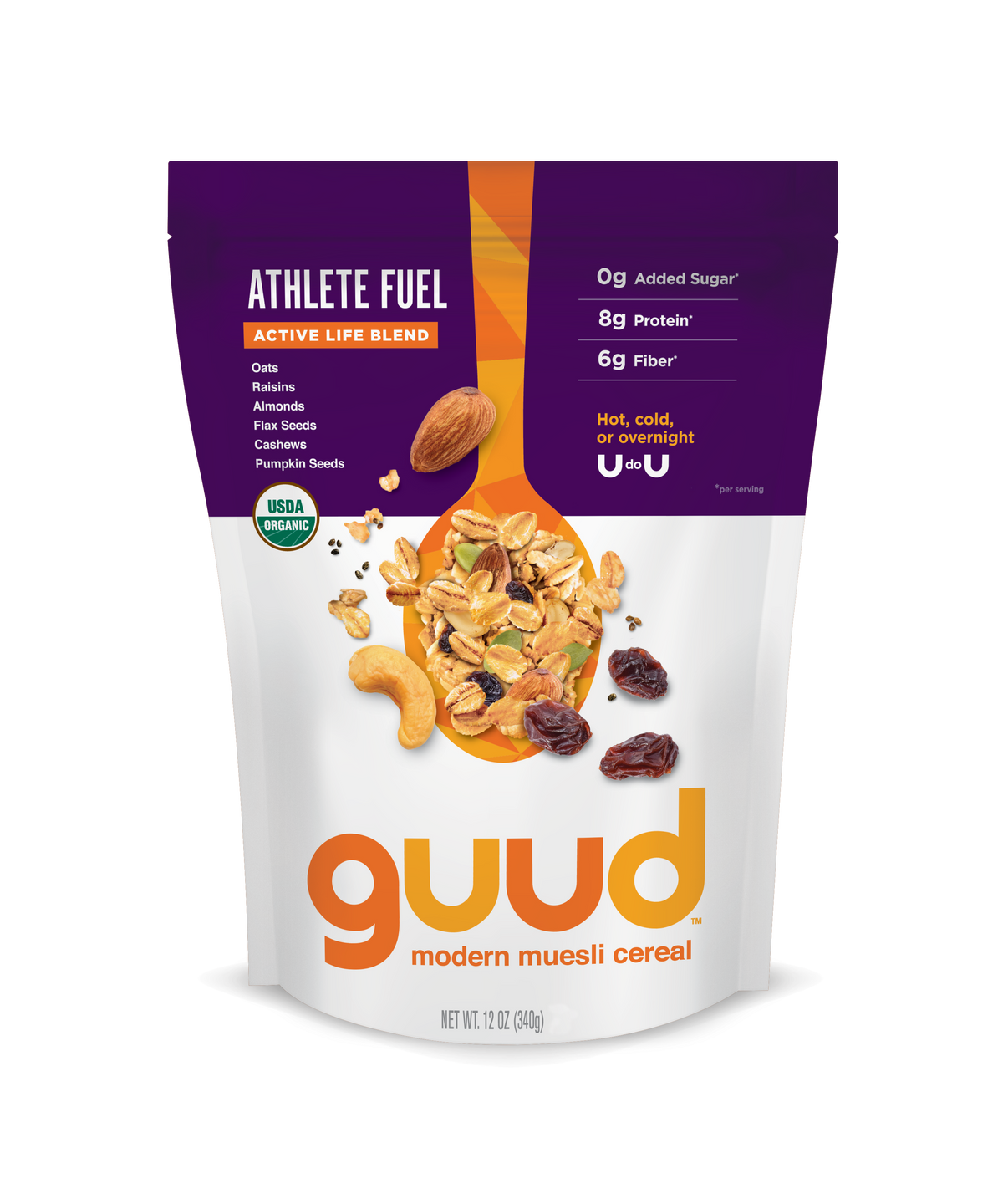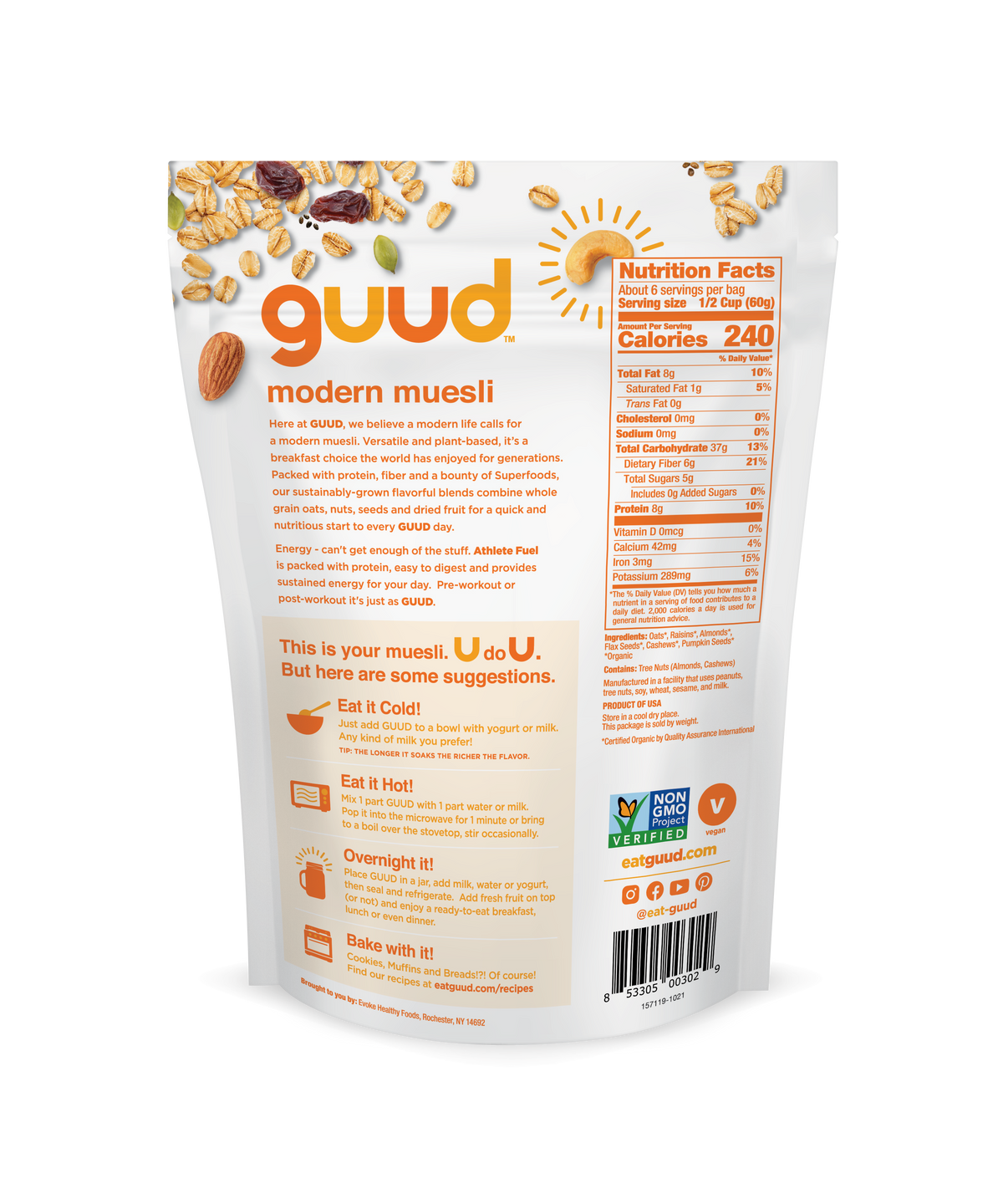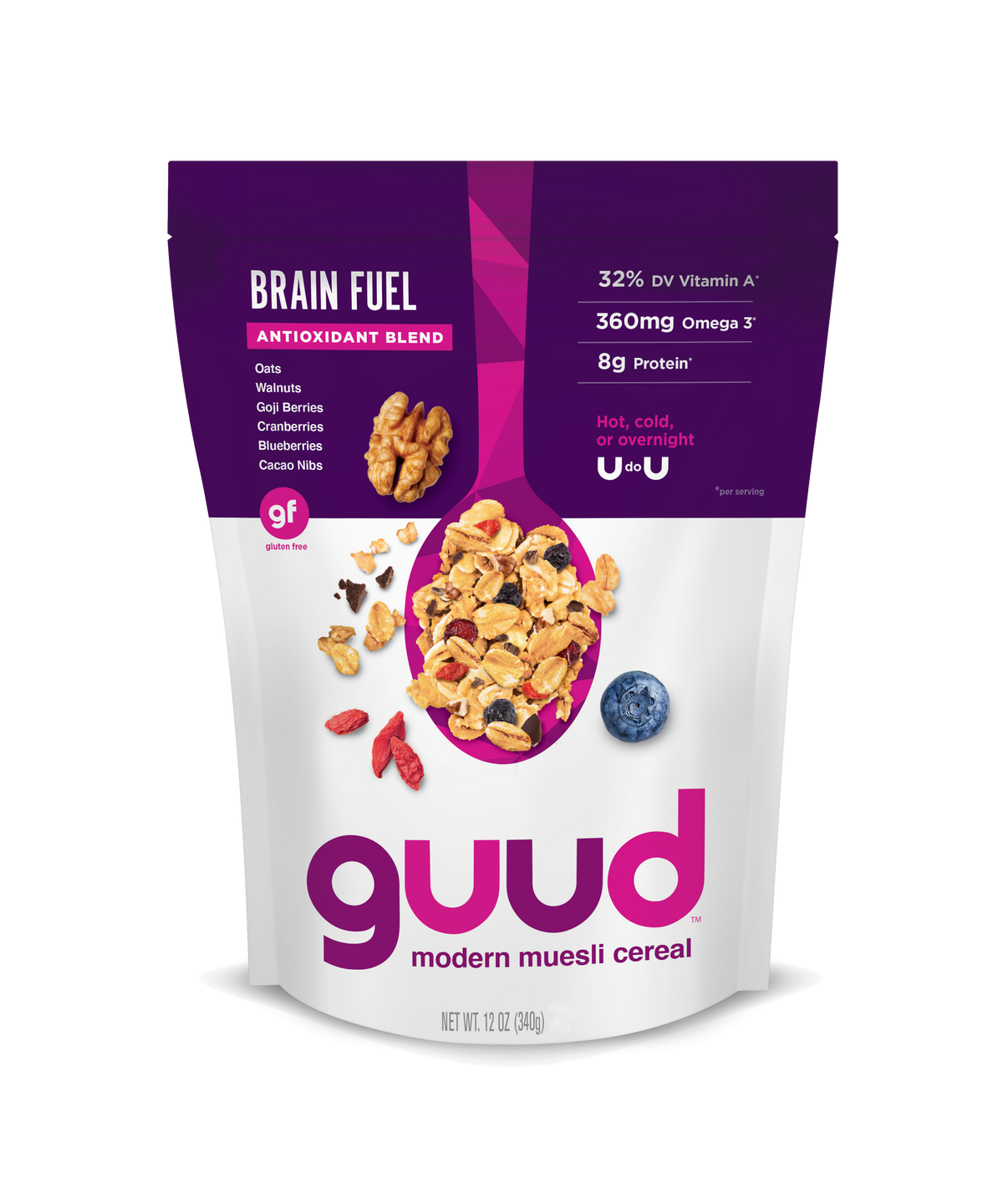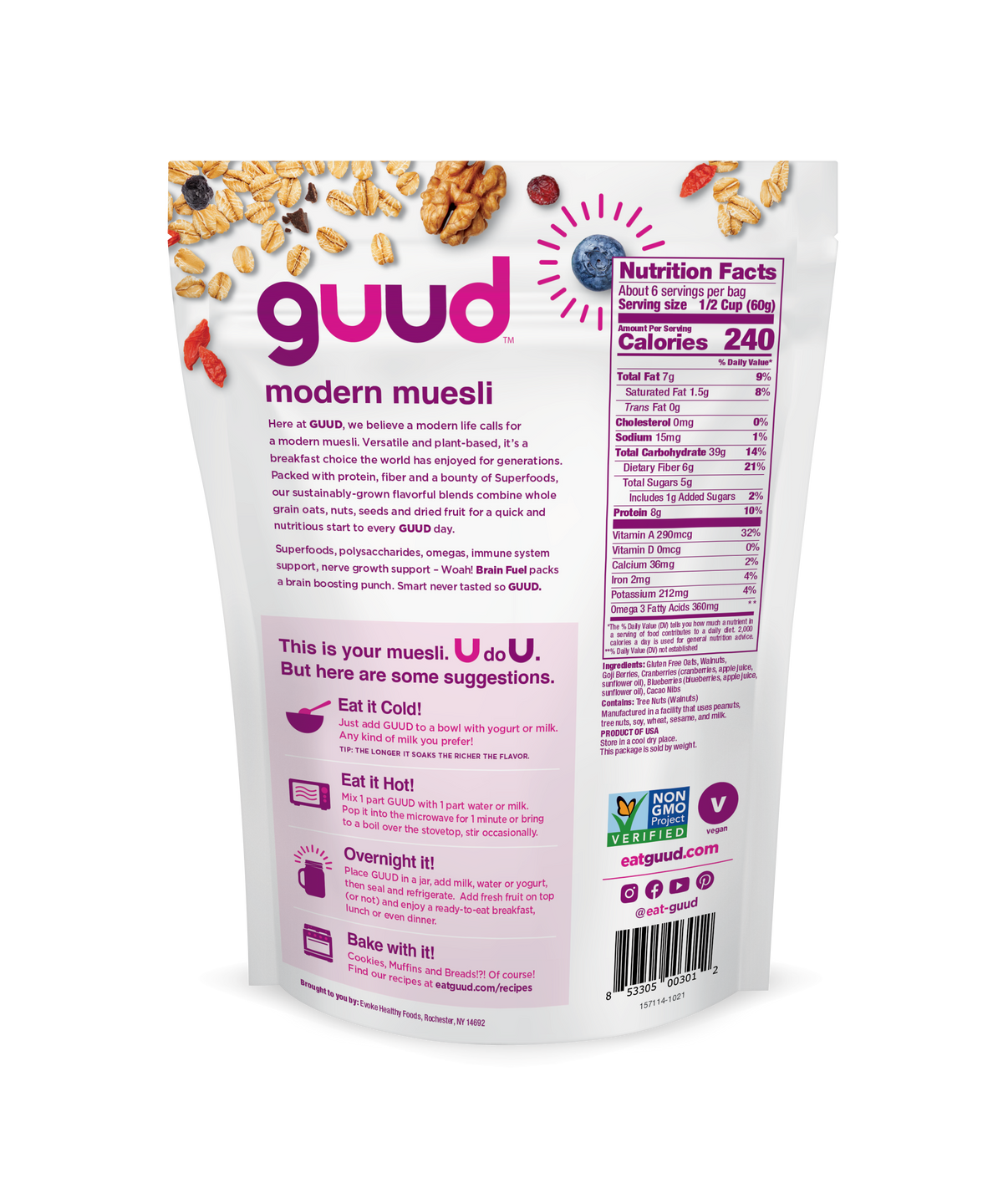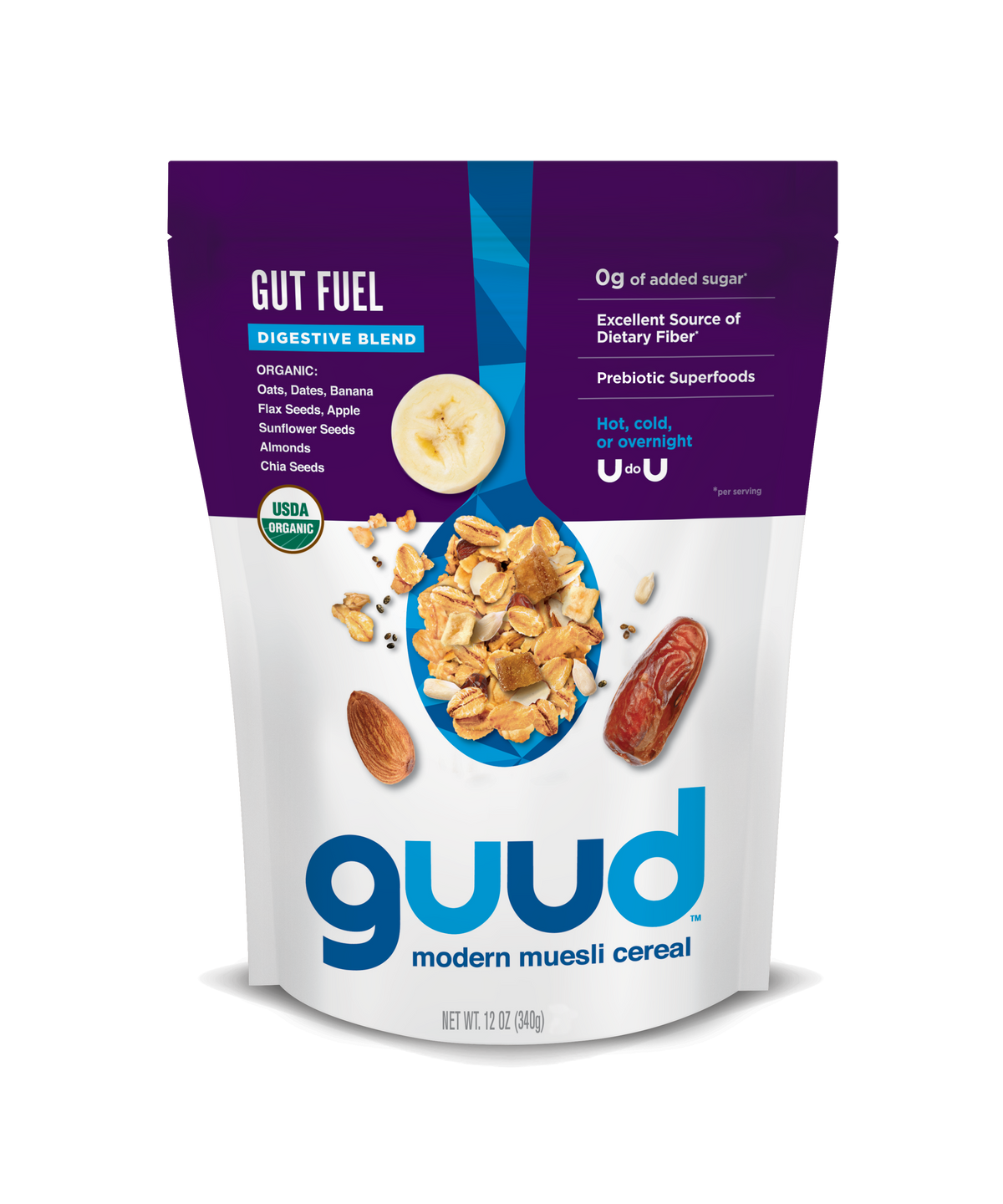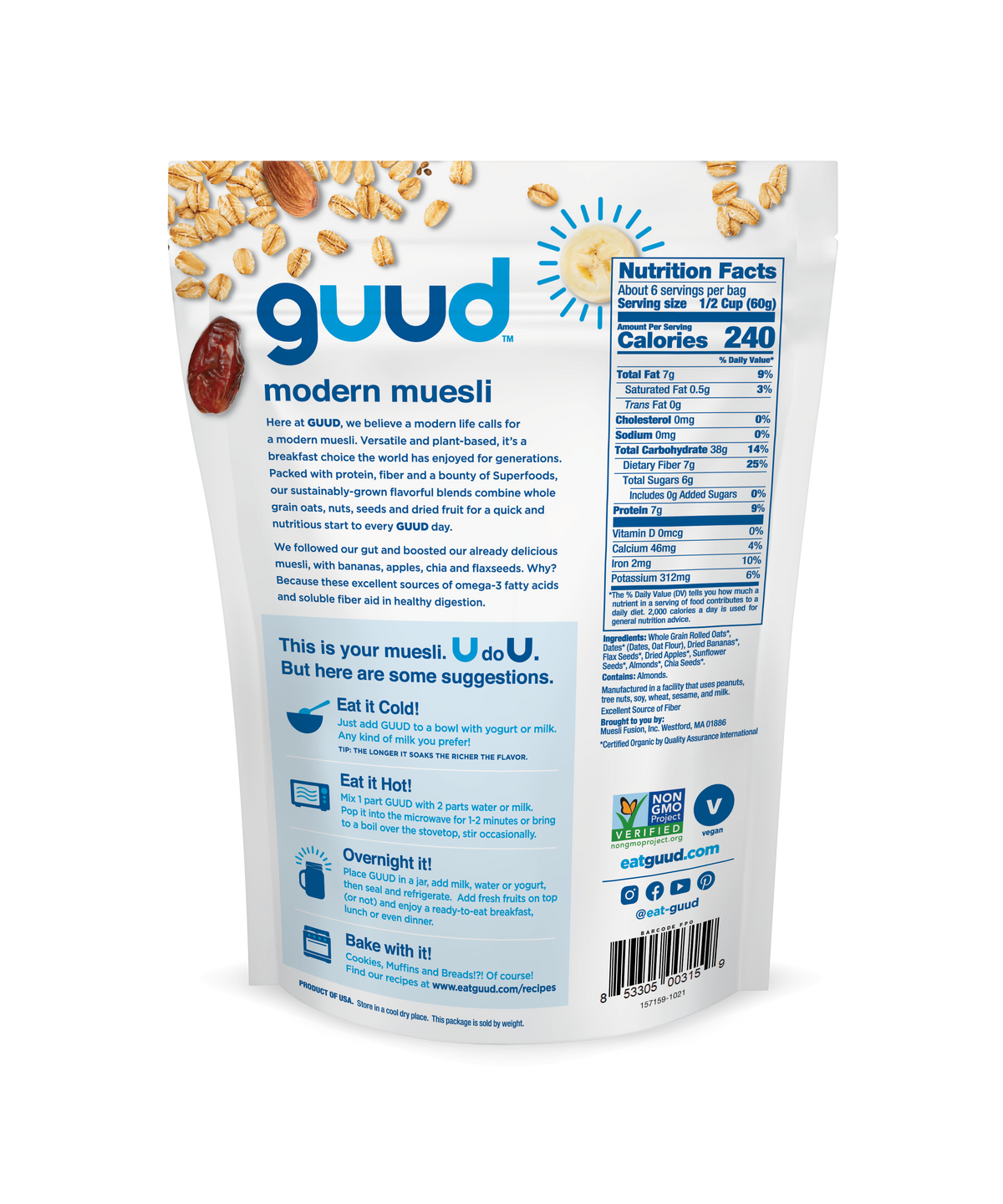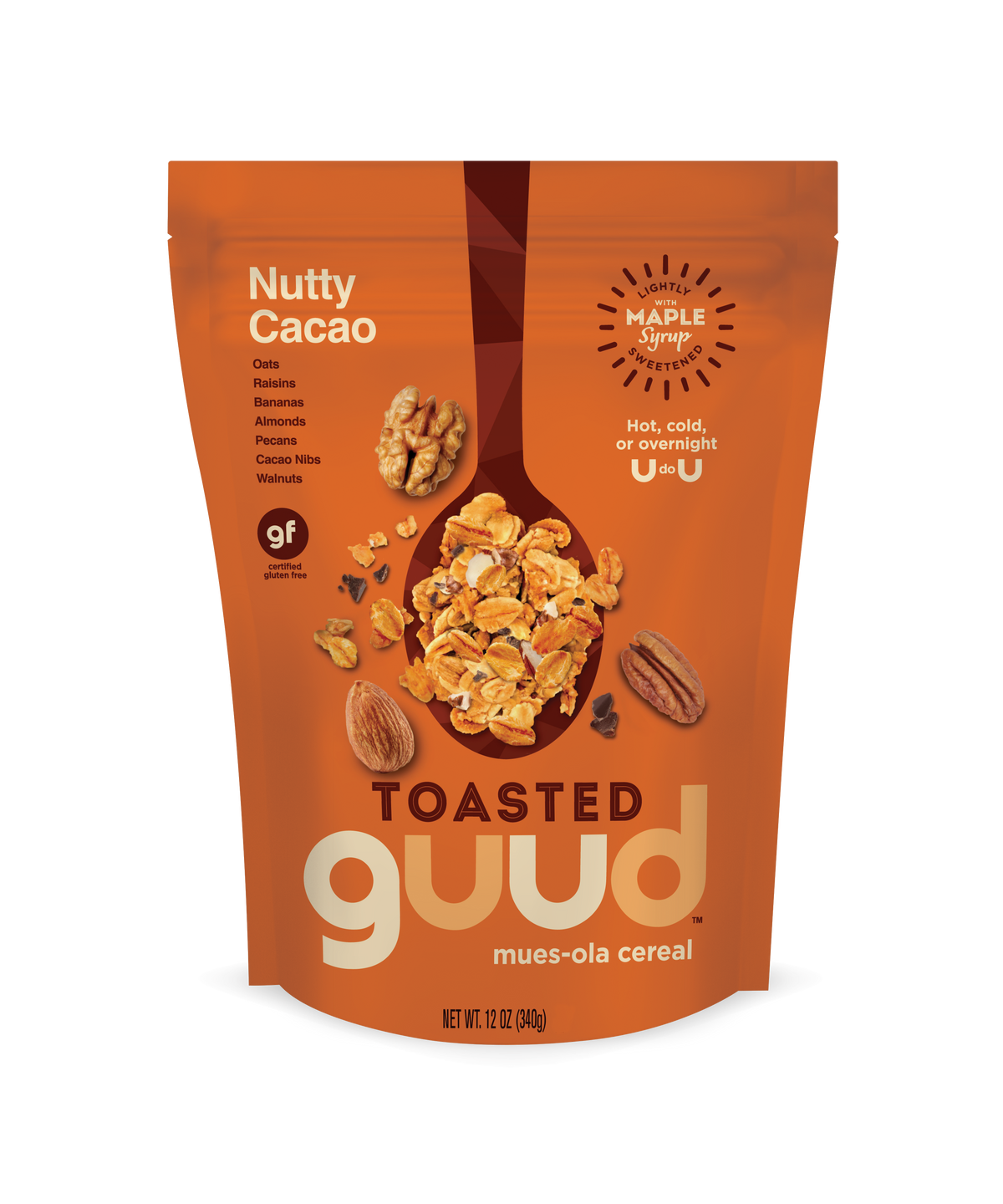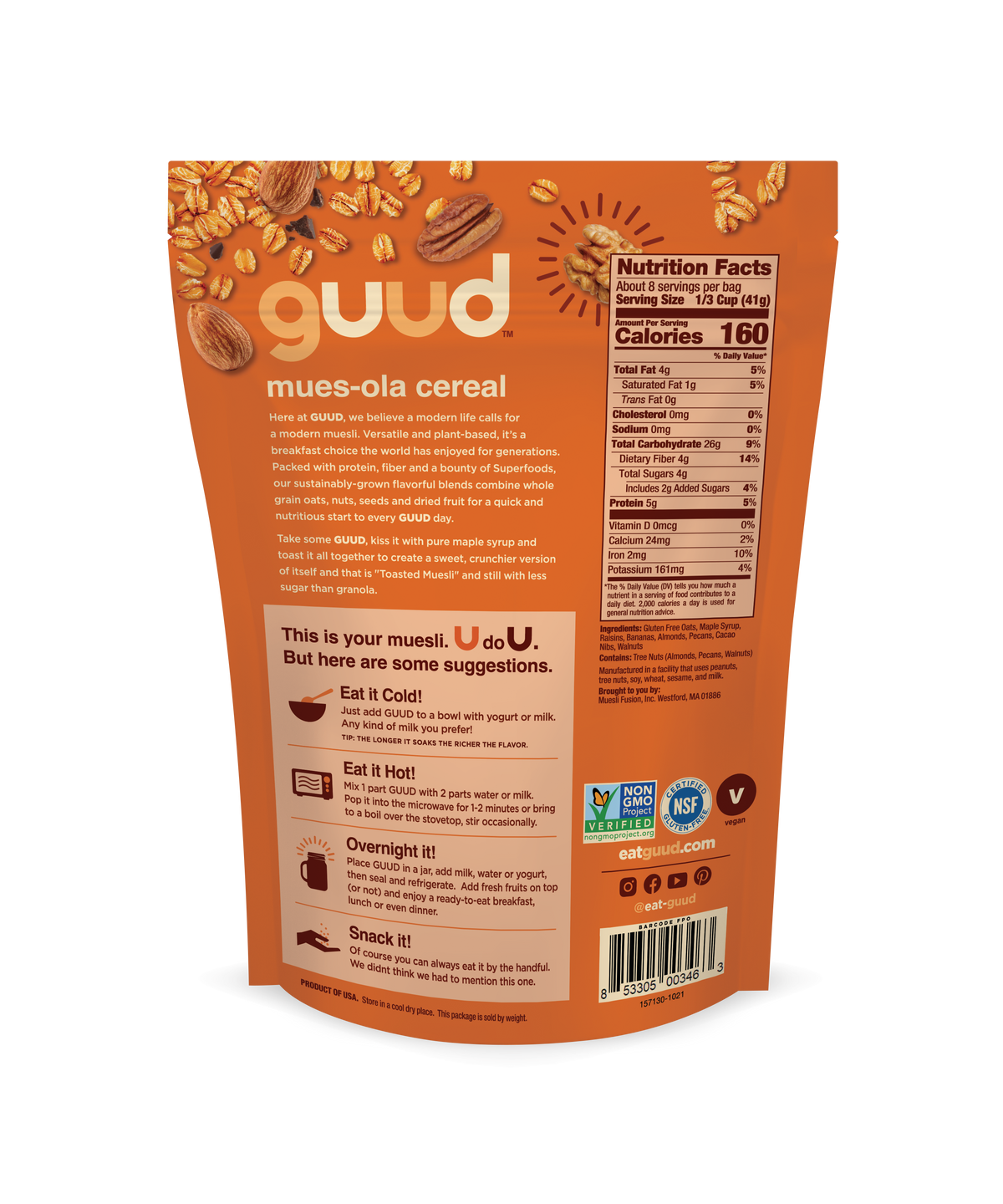Blood sugar levels, also known as blood glucose levels, are important because they play a crucial role in providing energy to the body's cells. Glucose is derived from the foods we eat, especially those rich in carbohydrates, and serves as the primary source of fuel for our organs, muscles, and everyday activities.
To prevent long-term complications, maintaining healthy blood sugar levels is crucial—considering that high levels contribute to conditions including diabetes and insulin resistance.
The best way to manage blood glucose levels is to eat an anti-inflammatory, balanced diet, get regular exercise, and support metabolic health in other ways, such as managing stress and getting enough sleep. Below, we'll look at why blood sugar management is essential for general health, plus offer tips for preventing insulin resistance (a risk factor for diabetes).
Why Are Blood Sugar Levels Important?
Blood sugar (or glucose) refers to the amount of sugar present in the bloodstream. Glucose is a type of sugar that we get from our diets, particularly foods that contain carbohydrates and sugar, although protein can also be converted to glucose once you eat it.
When you eat processed foods with lots of glucose ( or "high glycemic index" carbohydrates), your blood glucose levels rise quickly but then crash shortly after. This leaves you feeling tired and hungry soon after eating, rather than energized and full.

The level of glucose in the blood is regulated by the hormone insulin, which is produced by the pancreas. Insulin has the job of removing glucose from the bloodstream into the body's cells, where it can be used for energy. When blood sugar levels are too high (known as hyperglycemia), insulin is released to help bring them back to a normal range. If blood sugar levels are consistently too high, it can lead to health problems such as insulin resistance and type 2 diabetes. On top of this, when blood glucose levels remain abnormally high over time, this can damage blood vessels, nerves, and organs.
Here are some of the potential consequences of high blood sugar:
- Weight gain: Eating a sugary diet with lots of processed foods increases the chances of gaining weight.
- Low energy: Balanced meals that include protein, fiber, and healthy fats are energizing, however meals with lots of sugar and refined carbs do the opposite for your focus and mood.
- Damage to blood vessels and organs: High blood sugar can damage blood vessels throughout the body, including those in the eyes, kidneys, and nerves. Over time, this can lead to complications such as diabetic retinopathy, kidney disease, and neuropathy.
- Increased risk of heart disease and kidney problems: Abnormally high glucose in the blood contributes to the development of plaque in the arteries and damages the kidneys, which can increase the risk of heart disease and stroke.
- Increased risk of infection: The immune system is weakened by poor blood sugar management, making it more difficult for the body to fight off infections.
- Impaired wound healing: High blood sugar can impair the body's ability to heal wounds, making it more difficult to recover from injuries and infections.
Connection Between Blood Sugar + Insulin Resistance
Insulin resistance is a condition in which the body's cells become less responsive to the hormone insulin. Insulin resistance, which is the opposite of insulin sensitivity, contributes to the development of type 2 diabetes, a common health problem that affects about 1 in 10 Americans.
When the body becomes insulin resistant, the pancreas releases more and more insulin to try to lower blood sugar levels. However, this can eventually lead to a situation in which the pancreas is unable to produce enough insulin to keep blood sugar levels within a healthy range.
Insulin resistance is closely linked to lifestyle factors such as obesity, physical inactivity, and a diet high in sugar and processed carbohydrates. These factors can lead to the accumulation of fat in and around the body's organs, including the liver, which can interfere with insulin signaling. Over time, insulin resistance may also contribute to type 2 diabetes, heart disease, and stroke.
High blood sugar and insulin resistance are more common among older people because the body's sensitivity to insulin tends to decline with age. Additionally, older people are more likely to be overweight/obese, which negatively impacts metabolic health.
Diet and Lifestyle Habits to Normalize Blood Sugar
By sticking to a healthy diet, specifically one that's low in processed foods and added sugar, you can reduce your risk of developing insulin resistance and type 2 diabetes.
Here are some tips to help regulate your blood sugar levels and maintain insulin sensitivity:
- Eat a high-fiber, low-sugar, balanced diet: A balanced diet is one that includes plenty of vegetables, lean protein, healthy fats, fiber, and antioxidants. All of these nutrients support metabolic functions, fight inflammation, and help with the maintenance of a healthy body weight. Focus on whole, unprocessed foods, such as fresh fruits and veggies, 100% whole grains, legumes, fish and other lean proteins, olive oil, nuts, seeds, and unsweetened dairy products.
- Avoid highly processed and sugary foods and beverages: Choose natural sugars, such as fruit and 100% whole grains, over foods with added sugar. Be especially careful to avoid sugary snacks and drinks, including soda, energy drinks, sports drinks, and fruit drinks, desserts, baked goods, candy, and sweetened cereals, granolas, and dairy foods, all of which contribute many "empty calories" and little nutrients to your diet.

- Exercise regularly: Exercise can help improve insulin sensitivity and lower blood sugar levels. Aim for at least 30 minutes of moderate-intensity exercise most days of the week.
- Maintain a healthy weight: Being overweight or obese increases the risk of insulin resistance and type 2 diabetes. Maintaining a healthy weight through a balanced diet and regular exercise can help prevent or manage these conditions.
- Get enough sleep: Lack of sleep can interfere with insulin sensitivity and contribute to high blood sugar levels. Aim for 7-8 hours of quality sleep each night.
- Manage stress: Chronic stress impacts the release of hormones including cortisol and can raise blood sugar levels and contribute to insulin resistance. Practicing stress-reducing techniques such as meditation, deep breathing, or yoga can help manage stress.
- Don't smoke or drink too much alcohol: Both can increase inflammation and take a toll on your hormones and metabolism.
- Monitor blood sugar levels: If you have diabetes or are at risk of developing it, monitoring your blood sugar levels regularly can help you make adjustments to your diet and lifestyle to keep your levels within a healthy range. Be sure to also speak with your doctor about managing your condition if you've been diagnosed with pre-diabetes or diabetes.
Examples of Meals That Support Healthy Blood Sugar Levels
What types of meals should you eat to help your body remain insulin sensitive?
Meals that include protein, fiber, and healthy fats (and that are low in refined carbohydrates and added sugars) are ideal for supporting healthy blood sugar levels and keeping you full and energized.

Here are some ideas for simple, healthy meals to make at home:
- Muesli with Greek yogurt and berries: Muesli is high in soluble fiber which helps slow down the absorption of carbohydrates, helping to prevent spikes in blood sugar levels. It's also low on the glycemic index, a measure of how quickly foods raise blood sugar levels. Additionally, muesli provides healthy fats from nuts and seeds that are filling and aid in nutrient absorption. Greek yogurt makes a great accompaniment to muesli because it's high in protein and low in carbohydrates. Adding mixed berries and nuts/seeds can add extra fiber and healthy fats to muesli or yogurt.
- Grilled chicken or fish with roasted vegetables: Grilled chicken breast is a good source of lean protein, while roasted vegetables such as broccoli, carrots, and cauliflower are high in fiber and antioxidants and low in carbs.
- Salad with mixed greens, grilled salmon, and avocado: A salad made with mixed greens, grilled salmon, and avocado is a good source of healthy fats and protein, a filling combination.
- Lentil soup with a side of raw veggies: Lentils are an excellent plant-based protein and full of fiber, while veggies add antioxidants and extra fiber.
To maximize the blood sugar benefits of whole grains, such as rolled oats, be sure to always choose products made with unsweetened grains. Unlike sugary cereals and granola, GUUD muesli is full of whole-grain oats, plus nuts, seeds, and dried fruit, all with little or no added sugar. You'll love the naturally delicious flavor of muesli—and the fact that it's full of healthy fats, plant protein, and fiber.



